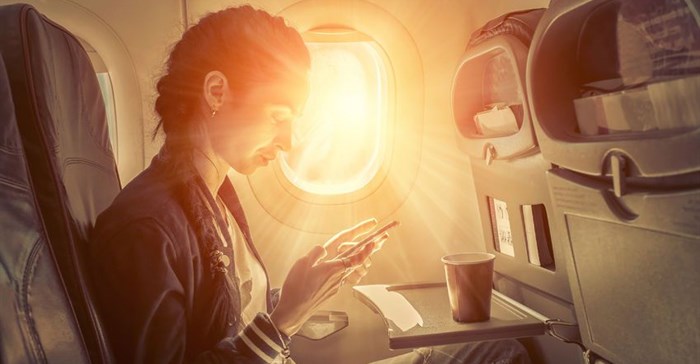
Seamless travel and personalisation are two trends that are predicted to continue to disrupt the travel industry in the next decade, according to Amadeus’ latest study, What If? Imagining the future of the travel industry.
Imagine the following scenario:
You have been delayed for hours at the airport and on top of that, the airline has forgotten to cater for your dietary requirements. A bad start to the holidays.
But, what if the suppliers at your destination can immediately make it up to you? What if you arrived at your destination, and you found a driverless car waiting to take you to your hotel. An early check-in had been arranged so that you could immediately get some rest after your disappointing journey? Your favourite meal was brought up to your room, with a little apology note that the airline had been unable to cater for your dietary requirements.
In the not-too-distant future, we can expect artificial intelligence to learn from the online behaviours of millions of people to mine data and to meet the needs of each traveller at every moment. The perfectly personalised experience would even be able to preempt all your wishes as a traveller. As the world becomes more interconnected thanks to the internet of things, personal information can be extracted from an unprecedented number of data points, from the contents of your refrigerator to your daily travel habits and every online search and acquisition.
Travel could become faster, cheaper, and safer. People could have real-time information about unforeseen events such as flight delays, while driverless cars wait at your destination to navigate you through unknown cities, and automatic translation apps could give you the power to communicate in languages you do not speak.
However, even if technology matures to this point, personalisation still faces numerous obstacles, according to Amadeus’ latest whitepaper.
How will we be able to guarantee the protection of personal data? Will travellers be happy to trade their valued personalised data for a more personalised travel experience? Will governments and regulators allow consumer data to be shared between countries or trading blocs? And if they do, will businesses be prepared to give up their proprietary data for the common good?
Companies invest in innovation to reach more customers through mobile channels, and this interaction enables businesses to provide more sophisticated personalised offers using artificial intelligence and the internet of things.
Nevertheless, protectionism in many parts of the world restricts collaboration in innovation and data sharing, limiting the reach of personalised offers to local or regional markets.
The US election and Brexit point to a rise in populism and protectionist forces on both sides of the Atlantic, and the regulatory environment has become more hostile to travel disruptors such as Uber and Airbnb. This protectionist trend could mean that true personalisation remains limited for years to come.
To achieve the ultimate level of personalisation and seamless travel, we would need to see cooperation between governments and information sharing between businesses, from airports and airlines to hotels, restaurants, ground transportation, and other destination services. Only time will tell if we will be able to achieve this level of cooperation in the future.